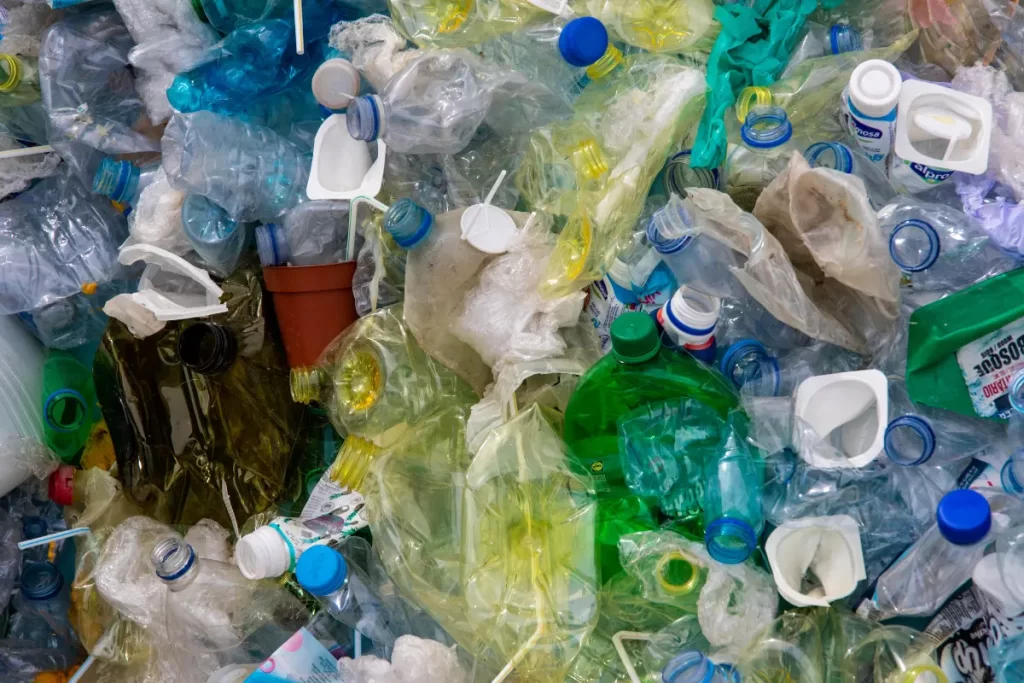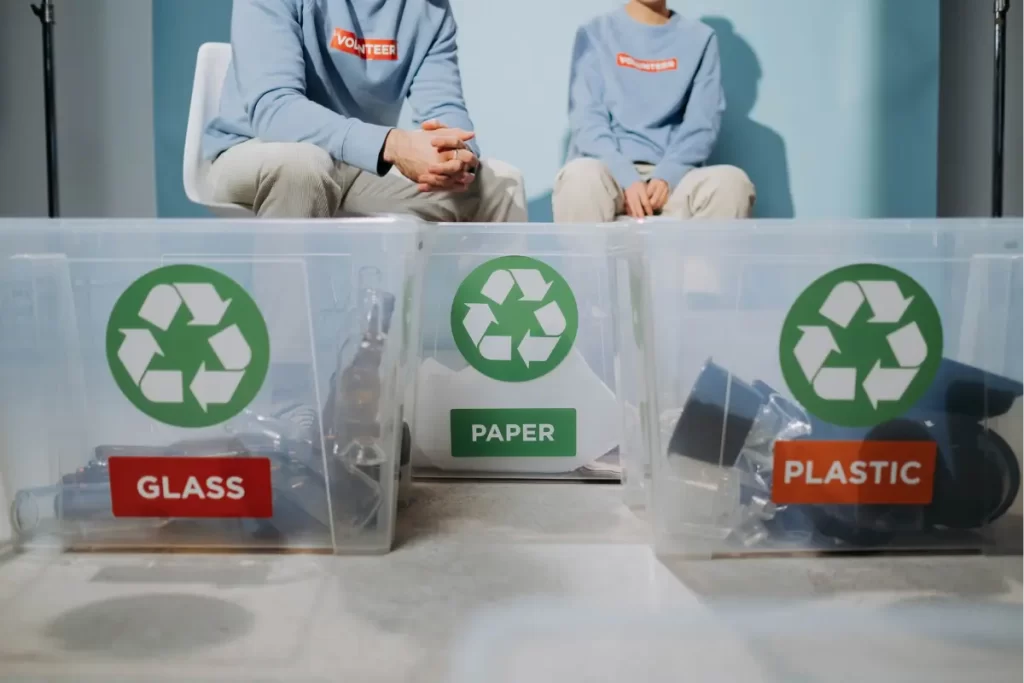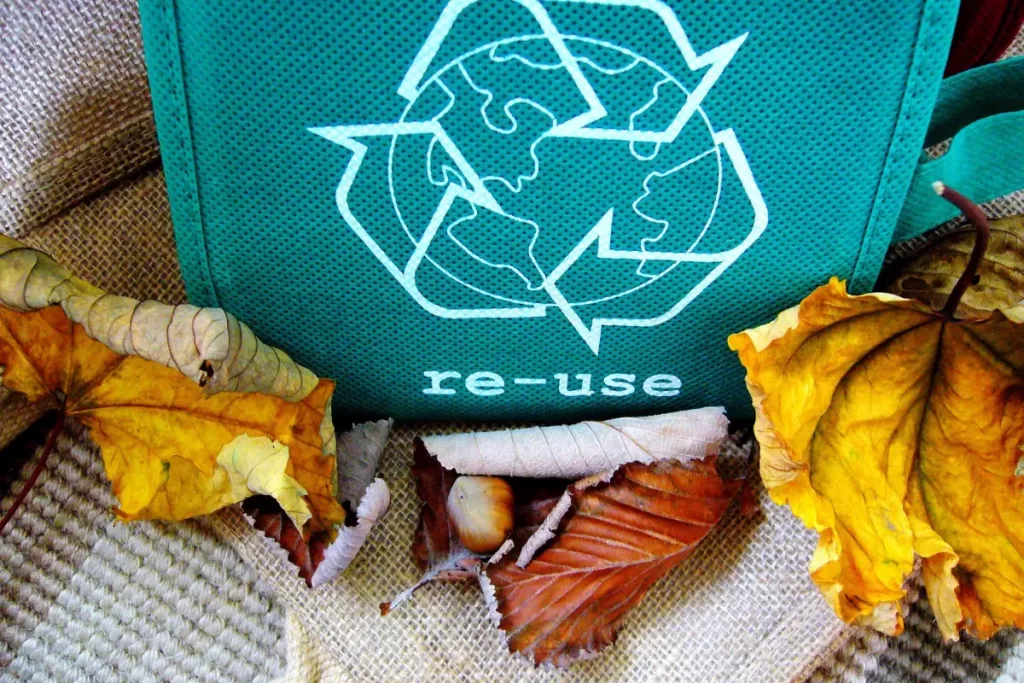In today’s modern age, the concept of reuse has taken on a whole new meaning. It’s no longer just about avoiding waste; it’s about embracing sustainability and finding ways to save money in the process. Welcome to the world of redefining reuse.
In this article, we’ll explore how individuals and businesses alike are adopting innovative practices to reduce their environmental impact while saving valuable resources. From repurposing everyday items to implementing circular economy models, we’ll showcase the power of reimagining waste.
But it doesn’t stop there. We’ll also delve into the financial benefits of embracing sustainability. Discover how reducing waste and optimizing resource utilization can lead to significant cost savings for both individuals and companies, making sustainability not just a moral obligation but a smart financial decision.
Whether you’re an eco-conscious consumer looking for tips on reducing your carbon footprint or a business owner seeking ways to boost your bottom line, this article will provide valuable insights into the new era of reuse. Join us as we unveil the intersection between sustainability and savings in the modern age.

The importance of sustainability in the modern age
Sustainability has become a pressing concern in today’s world, with the effects of climate change becoming increasingly evident. It is now more important than ever to embrace sustainable practices to preserve our planet for future generations. By redefining reuse, we can contribute to the larger goal of achieving a greener and more sustainable future.
Understanding the concept of reuse
Reuse is the process of extending the lifespan of a product or material by repurposing it for another use. It involves finding creative ways to give new life to items that would otherwise end up in landfills. The concept of reuse is not limited to individuals; businesses can also adopt this practice to reduce waste and save resources.

The environmental impact of single-use products
Single-use products have become a major contributor to environmental degradation. From plastic bottles to disposable cutlery, these items are designed for one-time use and then discarded. They end up in landfills or pollute our oceans, causing harm to wildlife and ecosystems. By redefining reuse, we can minimize the demand for single-use products and reduce their harmful impact on the environment.
The economic benefits of reuse
Beyond the environmental benefits, embracing reuse also offers significant economic advantages. By reusing materials and products, individuals and businesses can save money on production costs. For individuals, this could mean buying second-hand items instead of new ones, while businesses can implement strategies to optimize resource utilization, reducing expenses and improving their bottom line.

Innovative reuse practices in various industries
Numerous industries have recognized the value of redefining reuse and have implemented innovative practices to reduce waste. For example, the fashion industry has embraced the concept of upcycling, where designers create new garments from discarded textiles. Similarly, the construction industry has started using reclaimed materials in building projects, reducing the need for new resources. By exploring these practices, we can uncover new possibilities for reusing materials and products across various sectors.
Reuse initiatives and movements around the world
Reuse initiatives and movements have gained momentum globally, with organizations and individuals coming together to promote sustainable practices. From community-driven swap events to government-led campaigns, these initiatives are raising awareness about the benefits of reusing and inspiring others to adopt similar practices. By highlighting these movements, we can encourage more people to join the reuse revolution.

Tips for incorporating reuse into daily life
Incorporating reuse into our daily lives doesn’t have to be complicated. Simple changes in our habits can make a big difference. Start by carrying a reusable water bottle and shopping bag, or consider repurposing items instead of throwing them away. By following these tips, we can reduce waste and contribute to a more sustainable future.
Case studies of successful reuse programs
Several organizations have successfully implemented reuse programs and achieved remarkable results. These case studies serve as inspiration for individuals and businesses looking to adopt sustainable practices. Whether it’s a company implementing a circular economy model or a community project promoting the reuse of household items, these success stories demonstrate the positive impact of redefining reuse.
Reuse and its role in achieving sustainability goals
Reuse plays a crucial role in achieving sustainability goals at both the individual and global levels. By embracing reuse, we can minimize waste, conserve resources, and reduce our carbon footprint. This, in turn, contributes to the larger goal of creating a sustainable and resilient planet for future generations.
Conclusion: Embracing reuse for a greener future
As we navigate the challenges of the modern age, redefining reuse emerges as a powerful solution for both environmental and economic concerns. By adopting innovative practices, individuals and businesses can contribute to a greener future while enjoying the benefits of cost savings. Embracing reuse is not only a smart financial decision but also a moral obligation to protect our planet. Together, let’s redefine reuse and create a sustainable world for generations to come.

